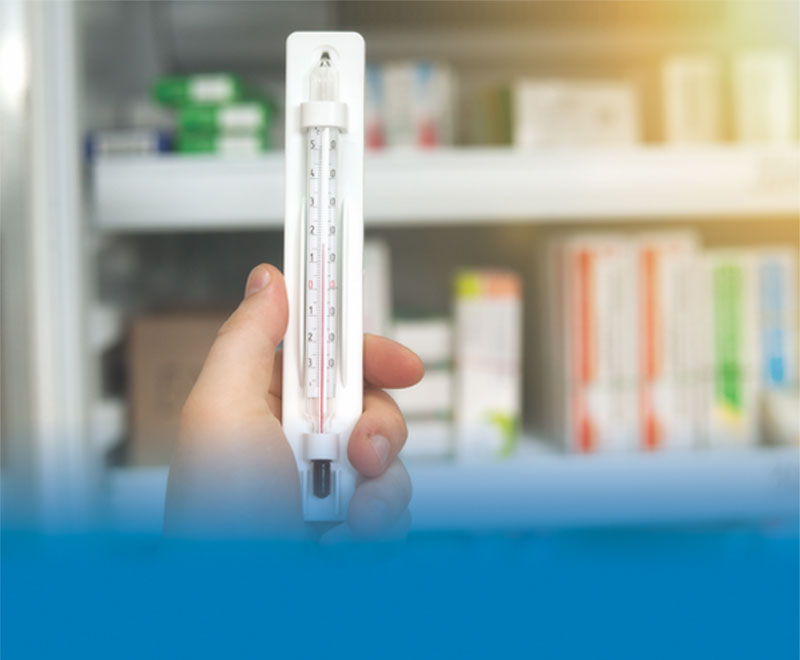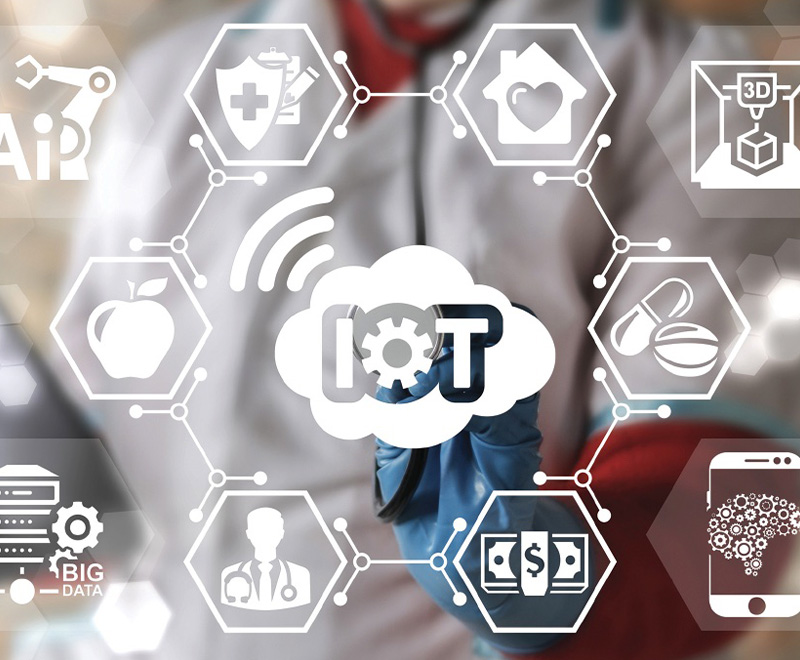The Challenge of Cold Chain Logistics

While some of the guidelines for the transportation, handling, storage and delivery of temperaturesensitive medications are basic and vague, advances in technology help to ensure these drugs are
safe and effective when they reach their site of administration.
Evolving from Sick Care to Well Care

Embracing a preventive healthcare model can help to reduce spending and improve patient outcomes, but it will require a seismic shift in mindset by patients, providers and payers.
The Changing Face of Primary Care

How health systems and providers are adapting to new dynamics and demands in primary care.
Short-Dated Products: Reducing Unsalable Returns and Supply Chain Waste

The glut of soon-to-expire products within the pharmaceutical supply chain is a costly problem impacting multiple stakeholders, but smart technology and innovative inventory management systems offer cost-saving solutions.
A Guide to Immune Globulin Billing and Reimbursement

Reimbursement for expensive immune globulin (IG) therapies can be challenging and frustrating for providers. Here’s a guide to help ensure they are reimbursed for the cost of these medications.
Internet of Things (IoT) in the Healthcare Setting

How the Internet of Things (IoT) has dramatically changed healthcare by reducing costs, increasing efficiency, upgrading management, improving treatment outcomes, enhancing data access and more.
Complying with Rules Ensures Reimbursement for Drugs

Healthcare costs continue to rise and payment models subsequently evolve, payers nevertheless largely decide which expensive high-investment drugs will be reimbursed and under what circumstances.
Streamlining Patient Visits

Delivering quality patient care efficiently and effectively benefits patients and providers alike.
CMS 2020 Proposed and Final OPPS and ASC Rules

New CMS rules focus on transparency to reduce cost in a patient-driven healthcare system.
Achieving HIPAA Compliance

HIPPA compliance is a vital component of any medical practice, especially as technology makes healthcare become more complex.